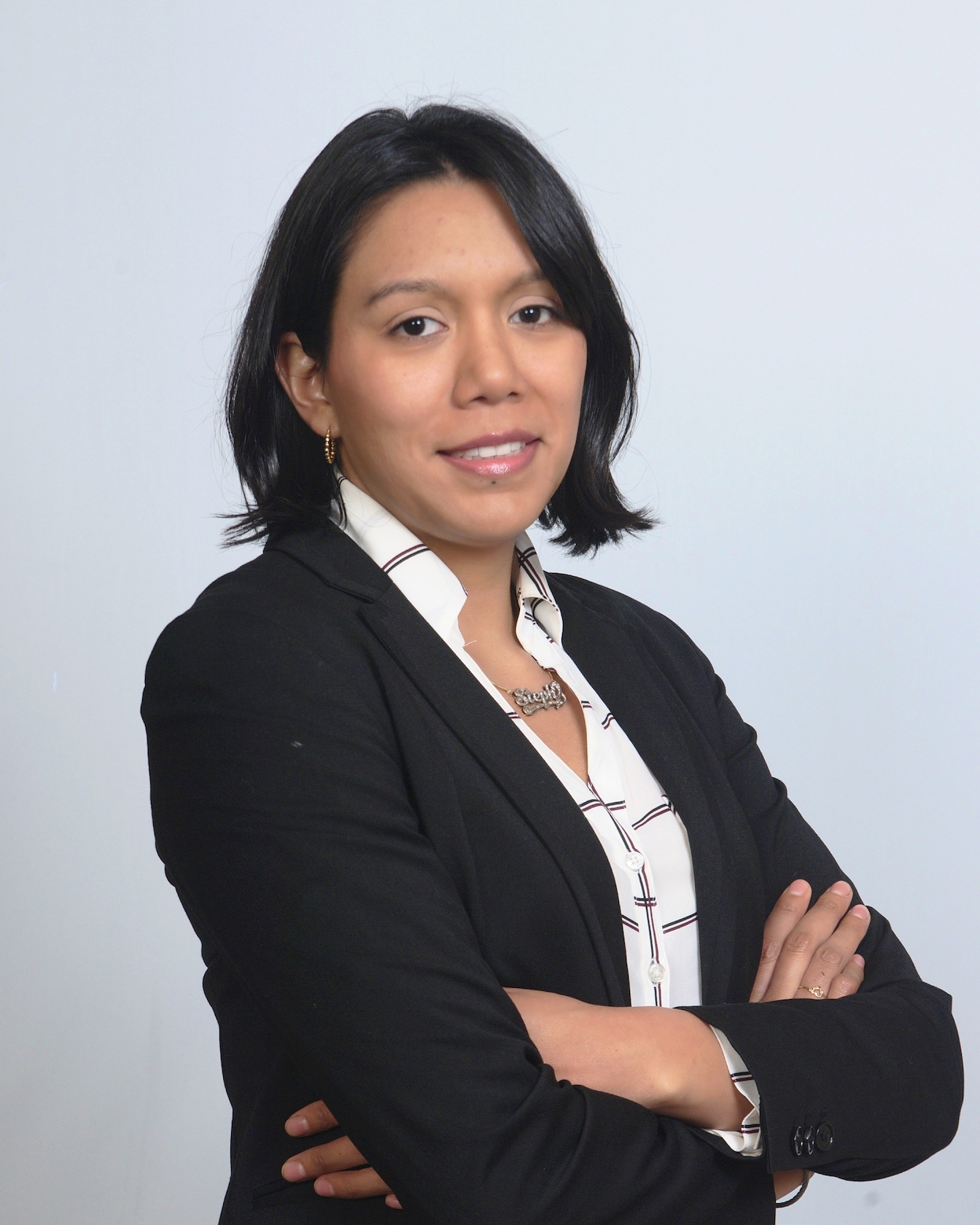AGEP Scholar: Stephanie Taboada, Ph.D.
Stephanie Taboada
PhD: Materials Science and Chemical Engineering
Email: stephanie.taboada@stonybrook.edu
Stephanie Taboada has her B.E. and MSc in chemical engineering and has several years of work experience as a consultant for the oil and gas sector. She is currently a chemical engineering Ph.D. Candidate at Stony Brook University, where she is also pursuing two advanced graduate certificates in science communication and science policy. Stephanie won several awards during her doctoral studies, such as the GEM Fellowship, the STRIDE Fellowship, and SHPE’s Dissertation Scholarship. She is also an AGEP scholar. AGEP is an NSF-funded program that prepares underrepresented minorities in STEM for a career as a university professor. Besides her interest in academia, Stephanie is an aspiring entrepreneur and recently participated in the NSF Innovation Corps program to commercialize hydrogen storage and separation technology developed in her lab. Stephanie blogs (www.latinaphding.com) about her academic journey to incentivize other underrepresented minorities to pursue STEM. She is also actively involved in several nonprofit organizations, such as the national GEM consortium, SHPE, and SACNAS, which focus on increasing diversity within STEM.
Why I chose to join AGEP : I chose AGEP because my goal is to be an engineering professor and incentivize students, particularly underrepresented students, to pursue STEM. However, I had limited access to professionals in this space who could devote their time consistently to teaching me about the world of academia and what it involves. AGEP met this need and served as a way to differentiate myself from other potential candidates because the program provides mentorship, pedagogy classes, additional teaching experiences at different universities, and access to teaching conferences where I can network with other professors and Ph.D. students on the same academic track. For me, staying in N.Y. is vital. Access to professors in universities within the N.Y. area was essential, so I could find a job and learn about the culture within each university. Another critical component of AGEP for me was mentorship. My mentors explained to me the different responsibilities professors have depending on the type of university they work for. Overall, AGEP was one of the best decisions I made as a Ph.D. student, and I highly recommend applying if your interest is in pursuing academia. Thanks to AGEP, I secured a tenure-track teaching position at Suffolk County Community College.
